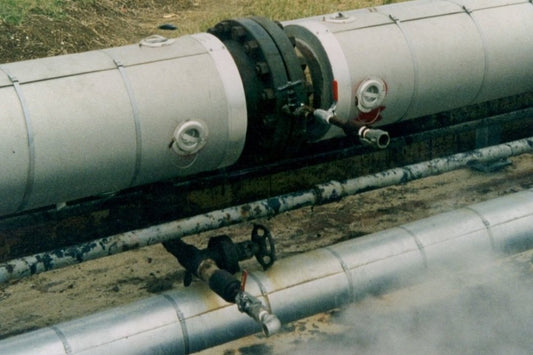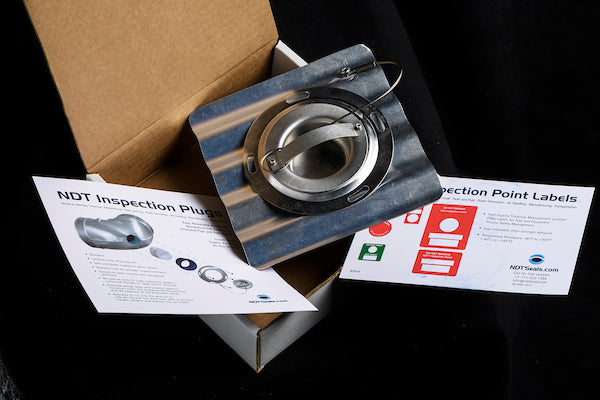News
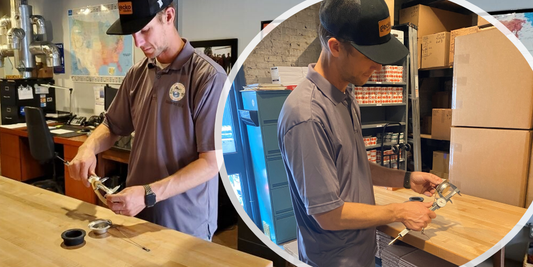
Ensuring Quality: The Importance of 100% Quality Control Checks for...
In the realm of industrial maintenance and safety, there exist critical components that often go unnoticed but play a pivotal role in ensuring the integrity of infrastructure. One such component is the inspection plug, a seemingly small element that holds significant importance, particularly in the prevention of corrosion under insulation (CUI) in insulated piping systems and vessels.

Maintaining Consistency With Inspection Point Labels With High Personnel Turnover...
Ultrasonic thickness inspections are critical in ensuring the safety and reliability of industrial equipment, pipelines, and structures. These inspections are performed by certified inspectors, even some qualified to the recent ISQ from ASNT, UTT for the oil and gas sector. However, these days acquisitions, contract changes, and high turnover rates amongst inspectors, can create real challenges in maintaining consistency in inspection procedures and results. This is where inspection point labels can alleviate some problems with consistency in inspection.
EXAMPLE INSTALLATION OF AN INSPECTION PLUG
- Quick And Easy Installation And Your Inspection Plug Cap Never Goes Missing With NDT Seals Patented Design With Lanyard.

PREVENTING CORROSION UNDER INSULATION (CUI) IN INSULATED PIPING AND VESSEL...
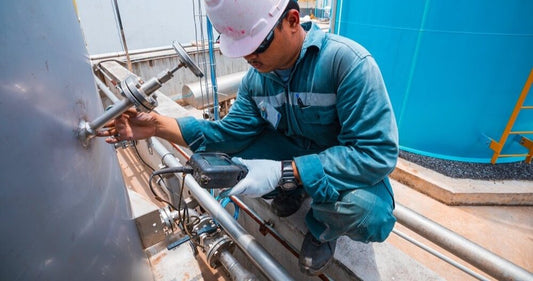
THE CRUCIAL ROLE OF CONSISTENT INSPECTION POINT LOCATIONS IN ULTRASONIC...
The field of Nondestructive Testing (NDT) plays a critical role in ensuring the structural integrity and fitness for service of various industrial equipment. Among the various NDT methods, Ultrasonic Thickness Testing (UTT) is a widely used technique for assessing the thickness of materials in equipment such as pipelines, pressure vessels, and storage tanks. In this blog post, we will emphasize the importance of consistent inspection point locations or UT thickness locations in the overall fitness for service or integrity analysis of equipment. We'll explore the various applications of UTT and discuss factors that can affect the accuracy and precision of measurements, including the role of NDT Seals' inspection point labels and the ISQ for UTT from ASNT.

HIGH TEMP APPLICATION? CHOOSE ISO OVER RED

ISO 9001 MATTERS
This ISO Certification is especially important to international customers considering us to be an approved supplier.
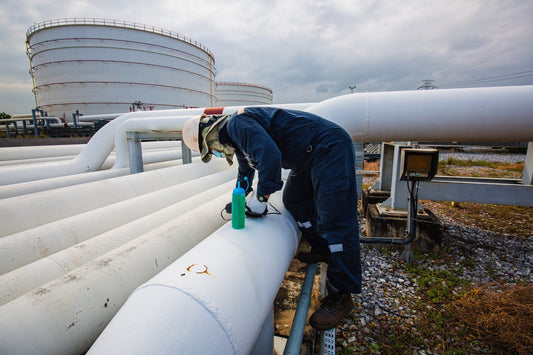
RISK BASED INSPECTION PITFALLS - INSPECTION INCONSISTENCIES
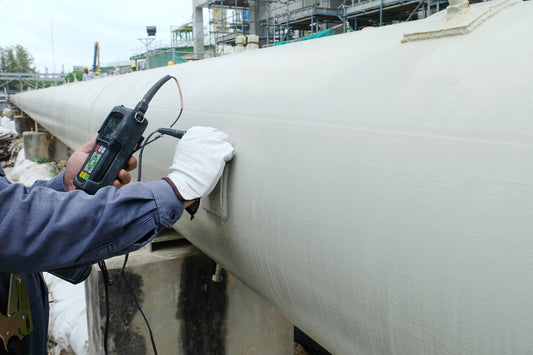
ELIMINATE VARIABILITY IN YOUR FFS PROGRAM
